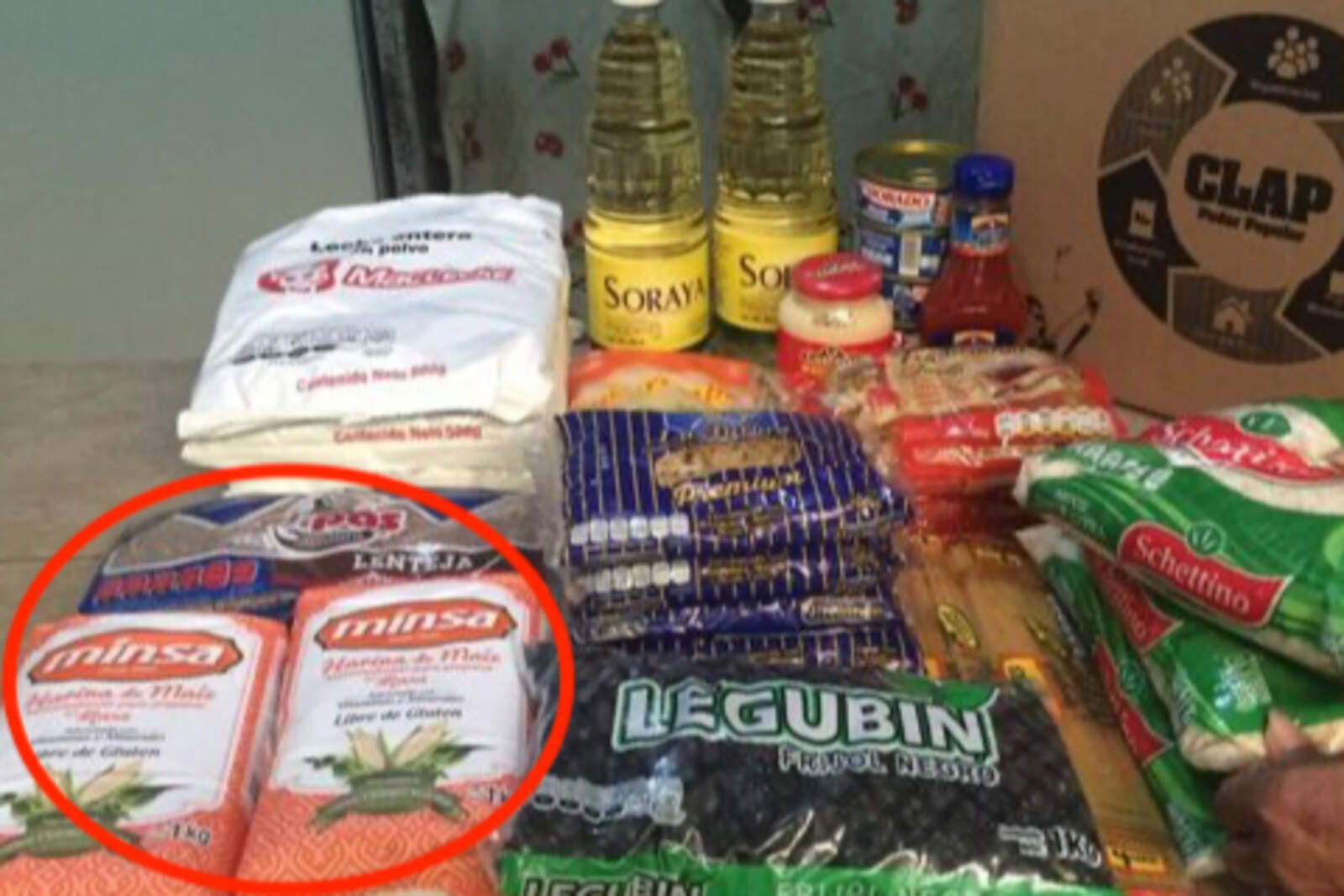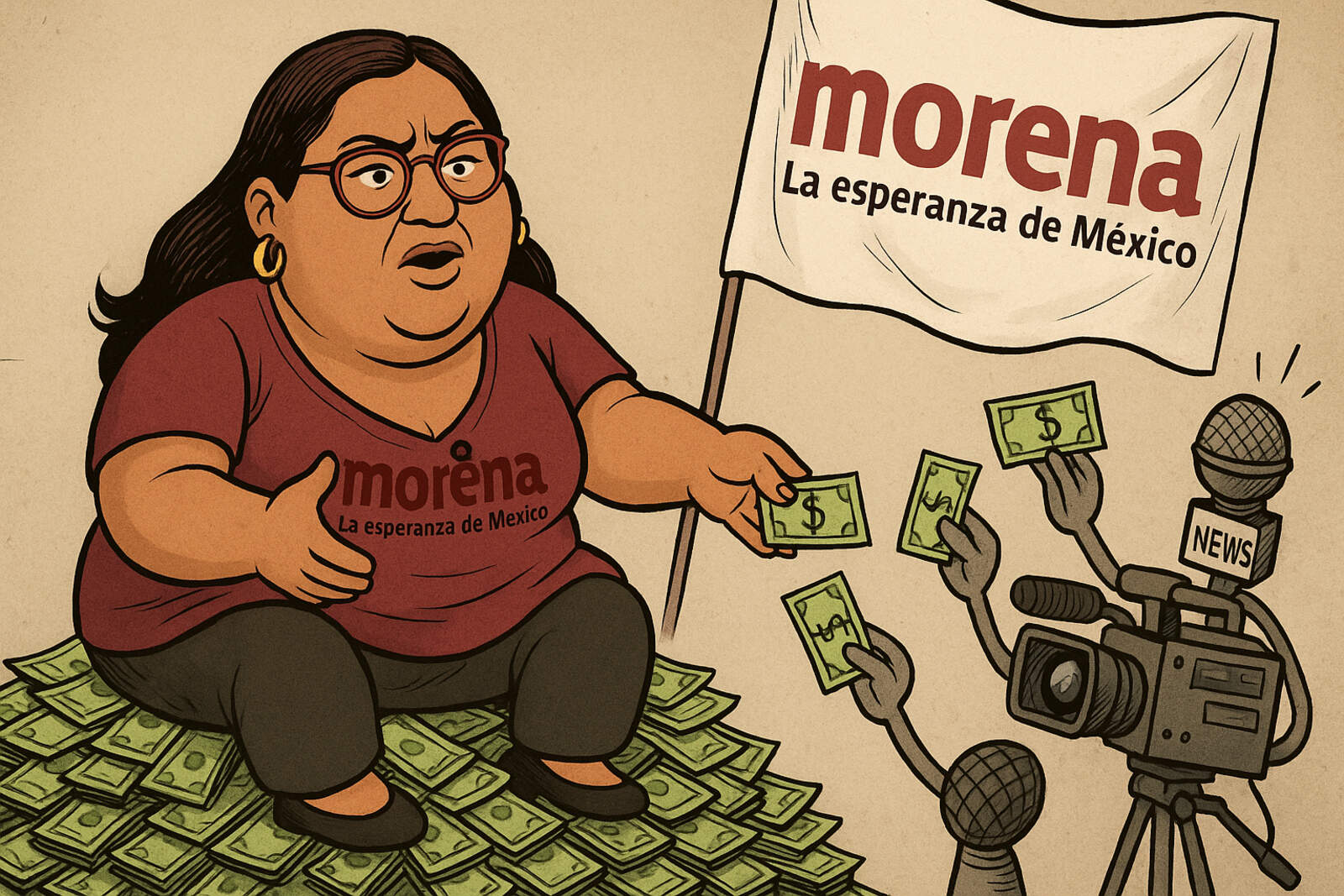We live in a country where compassion has become an Instagram filter: it only activates if the tragedy is aesthetic, foreign, or trending. It's not that we are insensitive. We have become Olympic experts in the art of not feeling. We feel just enough to appear human and morally superior, but never enough to do anything about it.
This week, Mexico became a trending topic once again for the usual reason: murders. The FGR delegate in Reynosa, Ernesto Vázquez Reyna, was executed with a grenade launched from a truck. Yes, it was a scandal. Yes, it was news. But it was also just another chapter in the long series of national horror. It was not a Netflix series with John Cena: it was real life. Here, violence doesn't need special effects or a soundtrack. It only needs impunity, routine, and scrolling.
Meanwhile, the export progressives tear their clothes over Sydney Sweeney or any trending topic with inclusive values, Mexico surpasses 130,000 missing persons. It's not a number: it's a historic tragedy. There are thousands of clandestine graves, many still unopened, others renamed as "discoveries" to avoid further staining the official narrative. Let's just remember Teuchitlán, Jalisco, where clandestine ovens operated with industrial precision. Carolina Robledo puts it clearly: "Teuchitlán is an industrial disappearance machine, designed to dispose of bodies without leaving a trace."
It's not the only one. Veracruz, Sinaloa, Colima, Chihuahua, San Luis Potosí, CDMX, Guanajuato, Guerrero, Tabasco, Estado de México, Tamaulipas, Sonora… the entire country smells of disturbed earth and absent bodies.
What's the national response? Nothing. Not a tremor in the conscience, but there is a meticulous strategy of smoke screens to keep the country distracted with the trending topic of the day. Because here, horror needs to compete with memes, reality shows, and influencer fights to get at least five minutes of attention. That is without even mentioning the monumental scandal of the narco-senator Augusto Gómez Villanueva, which in any decent democracy would have triggered mass resignations, protests, and international headlines; but here it barely managed to slip in between a video of a dog dancing salsa and a denim campaign with an "inclusive" message. Because when horror is daily, it stops being news.
Science explains it, even if it hurts. When a society is chronically exposed to violence, the brain shuts down emotionally. The limbic system, which regulates our emotions, reduces its activity as a defense mechanism. In other words: we shut down inside in order to stay alive on the outside.
Studies with young Mexicans show that overexposure to violence—in social media, the news, and on the street—deeply alters the emotional response: executions no longer provoke horror, searching mothers are seen as human-interest stories, and graves as tourist spots on Google Maps.








